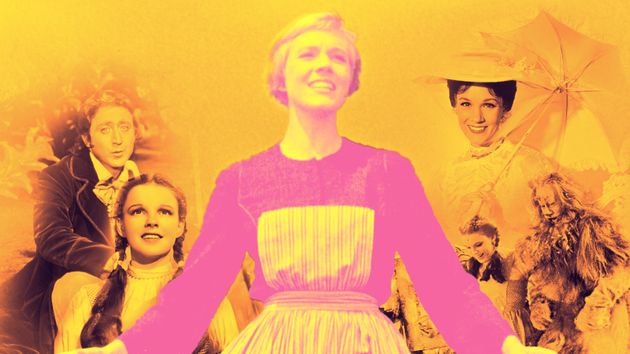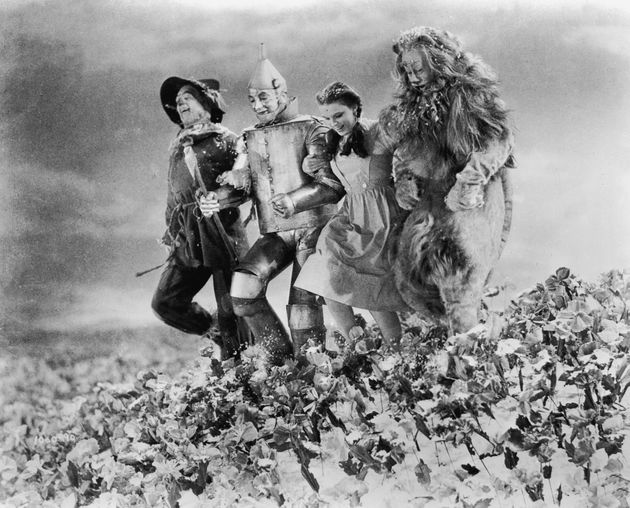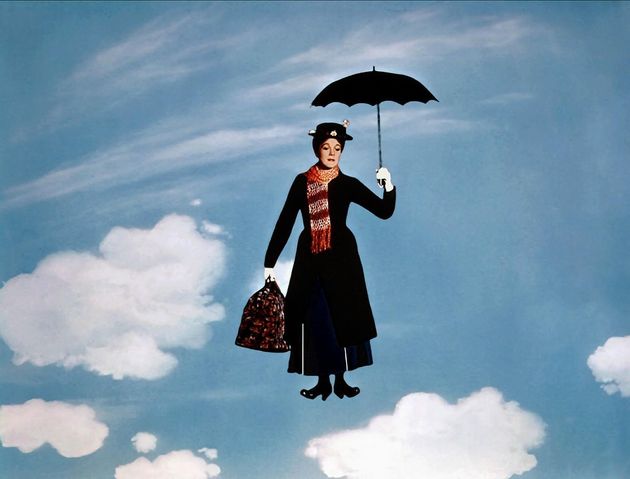
Similar to many endeavors we undertake with our children, watching classic films together happened spontaneously. The initial movie, "The Wizard of Oz," came up because my daughter became infatuated with the "Wicked" soundtrack. Whenever I felt nostalgic for my own mother—who adored musicals—I would put on this album during drives. My daughter started humming along and later asked various queries about Elphaba and her journey—from misunderstood outsider to skilled enchantress turned unjustly vilified figure. Her fascination lay in appreciating Elphaba’s depth—how someone could aspire to something different despite being labeled otherwise.
My daughter's interest in Elphaba sparked numerous inquiries: "Why is Elphaba green? Is Elphaba evil? Is she good? If so, how exactly is she considered good? And what about Glinda?" Addressing these queries required combining stories from both "Wicked" and "The Wizard of Oz." These works collectively create a more comprehensive narrative where the Wicked Witch of the West emerges as an empathetic antagonist—someone my daughter could comprehend, support, or at worst, feel less afraid of.
That's why despite being quite sensitive and wanting me to skip past the frightening, nasty, and contentious scenes in movies, both of my kids insisted on watching "The Wizard of Oz," which lasts almost two hours. They felt that Margaret Hamilton's character had depth beyond just being evil, allowing them to tolerate her malevolent laughter, the terrifying flying monkeys, and her agonizing melt-down scene at the end.
When I was young, I used to be scared stiff of the Wicked Witch yet adored the film. My mother, my brother, and I would gather to watch it repeatedly, where I'd picture myself as Dorothy. The ruby-red slippers were particularly appealing; often, I'd pretend they adorned my feet, clapping them together while reciting, "There's no place like home, there's no place like home, there's no place like home."
At that time, I was captivated by the dazzling, transforming enchantment of the shoes. The aspect of returning home wasn't really on my mind. Rather, I enjoyed the adventure, being mesmerized by the magical voyage that leads to the discovery that the characters were searching for qualities they already had within themselves: bravery, compassion, intelligence. In those days, Dorothy’s journey back home symbolized a transition—from feeling confined to becoming thankful—a valuable life lesson.

When I was young, I found myself identifying with Dorothy due to the complex nature of home—filled with both anticipation and coziness. Similarly, this is where my own kids and I would snuggle together on the sofa beside my mother and brother to enjoy timeless films. Next to her, I never pictured myself as an Auntie Em or Uncle Henry type—a figure content with staying in one place, setting norms, and conforming to societal standards.
This change in viewpoint accompanied me throughout the series of classic films that my family and I have viewed this year. Following "The Wizard of Oz," we moved on to "The Sound of Music." My kids were captivated by the melodies and Julie Andrews' portrayal of Maria as she transforms their lives. Meanwhile, I found myself focusing more intently on Christopher Plummer's depiction of Captain von Trapp. Though I don’t call my children using whistles, I am indeed the one who sets the boundaries. Could these limits be excessive? Might I be imposing an overly rigid structure that stifles spontaneity, playfulness, and creativity within our home?
These thoughts persisted throughout "Mary Poppins." When my daughter witnessed the famous scene where Mary Poppins glides up the bannister, she looked at me and declared, "I simply adore Julie Andrews." I grinned, reflecting on her growing maturity as she appreciates cultural treasures like this one that have been favorites since childhood for me. Yet, I couldn’t shake off the underlying reason behind Mary Poppins’ arrival: Mr. Banks, the father, is preoccupied with work-related matters and fails to engage fully with his kids or savor life’s simple joys.
This theme frequently appears in children's media where grown-ups, particularly moms and dads, tend to be portrayed negatively. These adults simply fail to grasp "it"; they've lost touch with the magic of childhood and the idea that adding some sweetness can make even mundane experiences enjoyable. Rather than embracing this perspective, they maintain dull routines and focus excessively on trivial matters.
As a parent now, I get it. Making money, cleaning the house, folding laundry, doing taxes, scheduling appointments—all these tasks demand attention. Time for spontaneous fun dwindles, and expectations like those set by Andrews’ character of Maria or Mary Poppins seem out-of-reach when you're busy examining your child's scalp for lice or remembering what exactly you were meant to contribute to their classroom celebration.

I thought watching “Willy Wonka and the Chocolate Factory” would renew some of the joy that I’ve clearly lost as an adult. My kids certainly appreciated the magic: the candy man, the golden ticket, the chocolate river, the everlasting gobstopper, the glass elevator. But I couldn’t help but think of the burden and weight of being Willy Wonka, of not only creating the magic but also ensuring that everything you’ve built is passed down to the next generation.
For my kids, these movies are about the magical places — Oz, Cherry Tree Lane, the rolling hills of Austria, and the chocolate factory — and the characters who bring those places into fuller, brighter color — Glinda (and/or Elphaba depending on your interpretation), Mary Poppins, Maria and Willy Wonka. They watch these classic films and see children whose lives were changed for the better through a charm so powerful it ripples outward, impacting the adult characters as well, reminding them of that joy they’ve lost as a grown-up.
Now, as a grown-up (at least in my children’s eyes), I wonder if that’s what these movies are now doing for me as well. Are they a reminder of the child I used to be and the magic I used to see in the world? Is this realization a magic in and of itself that will finally pull me out of my rut?
Maybe this is why we often refer to classic movies as “timeless.” Maybe Oz and Maria and Mary Poppins and Willy Wonka have staying power because these films tether us to our childhoods, shaking us out of our restrictive routines and reminding us that there is still goodness and hope in the world. Perspectives can shift and adults can change for the better. Auntie Em can stand up to Miss Gulch, Captain von Trapp can sing, Mr. Banks can fly a kite and Grandpa Joe can get out of bed and fly through the sky in a glass elevator. Maybe, metaphorically, I can do all those things too.
I love watching old movies with my kids because I love watching the possibilities of what the world can become, and I want to believe the same can still happen to me. In the same way that my daughter wrestles with the Wicked Witch’s duality, I want to grapple with what it means to be an adult in a world that feels decidedly less magical, but possibly, hopefully, is still enchanted.


Post a Comment